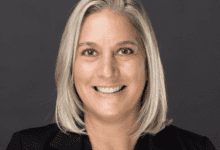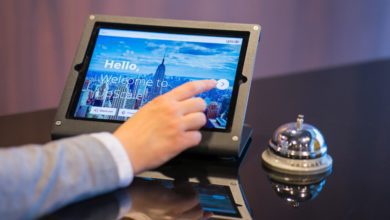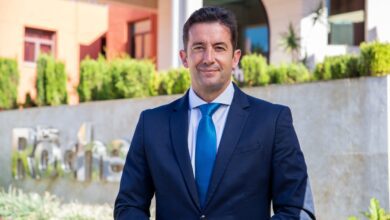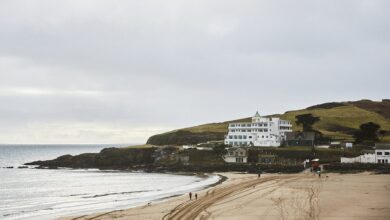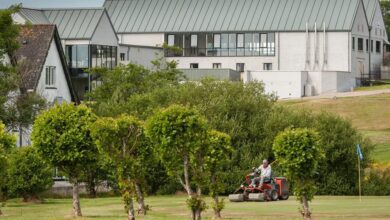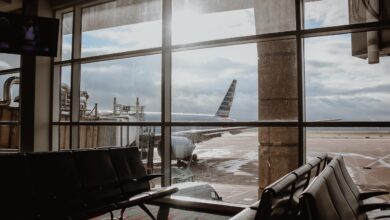Ensuring your hotel is safe to reopen
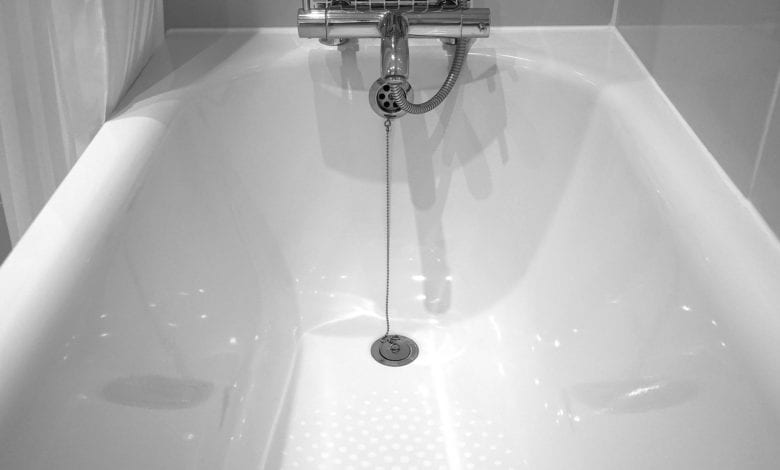
When your property is operating as normal, there are many things you barely need to give a thought to, most commonly because they become lower risk through frequent use.
One of these is legionella disease, which can build up in water systems and potentially infect guests. At the moment, your attention is likely to be on post-Covid safety and reassuring guests, but you also need to make certain that you are combatting the issues associated with reopening a property after a long period of time.
What is Legionellosis?
Legionellosis is the collective term for the group of diseases caused by legionella bacteria, including Legionnaire’s disease, a potentially fatal form of pneumonia. Bacteria flourishes in stagnant or sitting water and multiples over time, which means a closed property presents a far higher risk than an actively open one. Legionella Pneumophila and other bacteria from the group are commonly found in natural water sources like rivers, lakes and reservoirs, but usually in small numbers.
Inside, they can be found in water systems including taps, shower heads, cooling towers and conditioning units, evaporative condensers and spa pools among other places. Most likely, the risk in your everyday business is low, because the water is regularly refreshed every time a shower is run or air conditioning is turned on, but after a long period of closure, bacteria could have easily built up and have reached levels that put people at much higher risk.
Typically speaking, infection risk of legionella increases with age, but it also adversely affects smoker and heavy drinkers, people suffering from chronic respiratory or kidney disease, people with lung or heart disease and diabetes, and anyone with an impaired immune system. This does not mean that others have no risk, but that they are more likely to be able to combat the bacteria, before it becomes a major problem.
Individuals can become infected by inhaling small droplets of water which contain the bacteria, with higher risk in areas that aerosolise the water, like air conditioning units or showers, and where the water may have been consistently between 20 and 45 degrees Celsius, providing a perfect breeding ground for the bacteria.
How can you prevent it?
Thankfully, it is relatively simple to prevent infection and lower the risk for your impending guests. We recommend that your cleaning team is provided with masks as a precaution, and then they can simply and flush the water systems for a minimum of two minutes. First, flush the toilet at least twice with the lid closed, then let the kitchen and hand basin taps run freely for two minutes or more, including both the hot and cold water systems.
Next, repeat the process with the shower systems in all of the rooms, running water from both the hot and cold supplies through the shower hose and shower head for at least two minutes. It is advisable to part-fill the bath, or a bucket of water to help prevent aerosolisation of the water and bacteria if there is any.
Once complete, run any remaining taps for at least two minutes. Once the flushing of these areas is complete, detach the showerhead and disinfect it by submersing it in a cleaning fluid designed to sterilise baby bottles, such as Milton, for at least one hour. This is a process that should be repeated at least four times per year anyway, and should also be completed if a room has been empty for two weeks or more.
Once the flushing process has been completed, the normal cleaning protocols should take over, using high quality cleaners to disinfect surfaces as normal. This will ensure that any bacteria which has flushed out of the system does not linger, but it is essential that cleaning happens after flushing. As en exception, in the case of bathtubs with jacuzzi fittings, there is a requirement to fill the bath with water, add disinfecting fluid and run the jacuzzi system for at least two minutes, ensuring that the nozzles and any sitting water are flushed out of the system and any bacteria neutralised. You can then clean the bathtub as normal.
It is also worth increasing the temperature or your water system to at least 60 degrees which it hotter than Legionellosis bacteria can survive in. If you aren’t sure how to do this, ask your boiler engineer to visit and do this for you, and to flush the water out of the boiler system also, but beware of burns and scalding when this is happening.
Finally, double check any other water outlets you might not have considered or might not have been covered by the above. Outdoor taps, hosepipes, hot tubs, spa pools, air conditioning units and the like will all need flushing, some of which (like outdoor taps and hosepipes) can follow the protocols above, but many of which will need specialist processes. For units such as air conditioning and spa pools, you can approach your manufacturer for guidance on flushing their specific system, and you can also refer to the Health and Safety Executive website where they provide specific guidance on Evaporative Cooling Systems and management of spa pools.
What else do you need to consider for a property that has been empty?
As well as the customer experience aspects such as making sure the place is clean and tidy, there are plenty of other things you need to consider. Airing the property is a must, as is checking all safety and security features such as smoke and fire alarms, changing the shower curtains, and doing a deep clean of the entire property. This is also an opportunity to do oft overlooked jobs such as hoovering mattresses for example. We have provided a full checklist to all of our members and published it on the Quality in Tourism website here for more details.
Quality in Tourism assess thousands of accommodation providers globally each year. They are supporting businesses to reopen with the Safe, Clean & LegalTM marque, assessing businesses against all of their responsibilities including post-COVID checks.
Over 1,730 businesses are reopening using the scheme, which 73% of consumers have said reassures them about the property and 68% of guests have said it will give them the confidence to book. To find out more about their assessments, gradings and the future of registration Safe, Clean & LegalTM, please visit www.qualityintourism.com.


